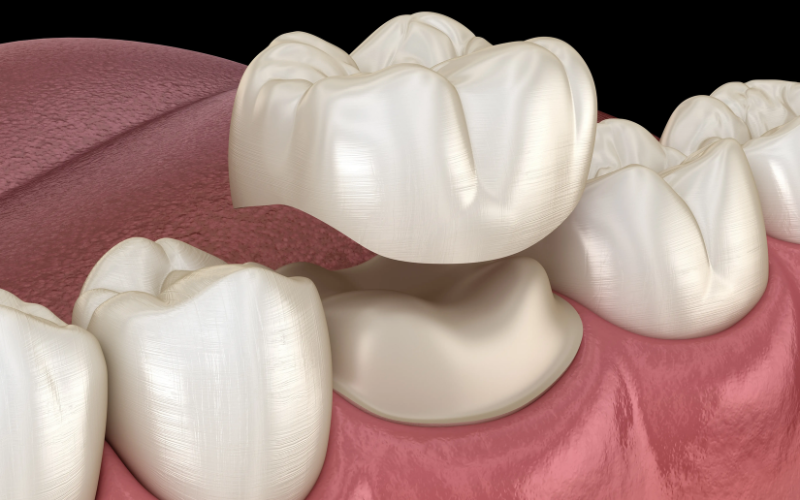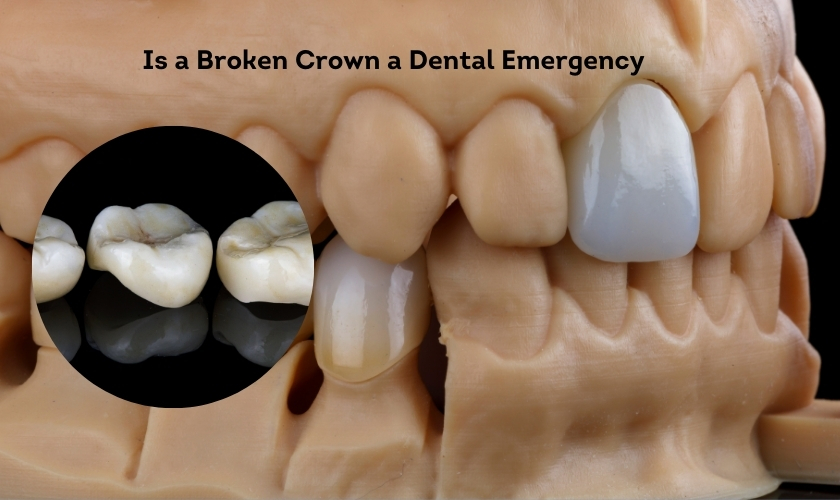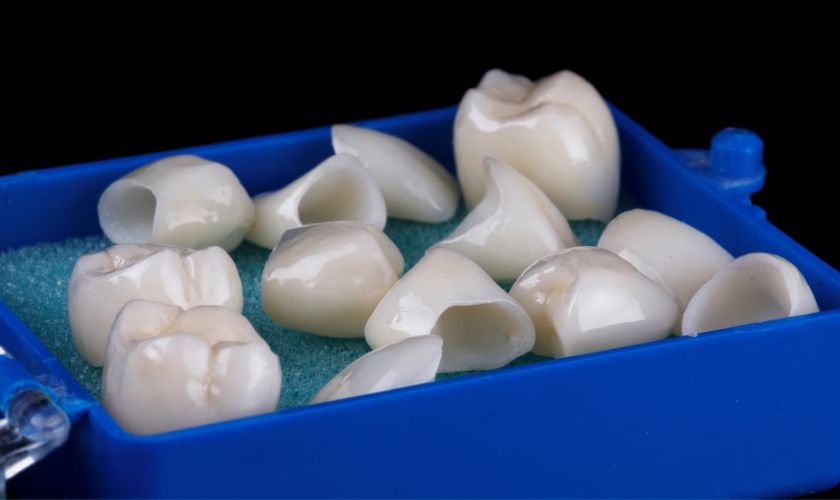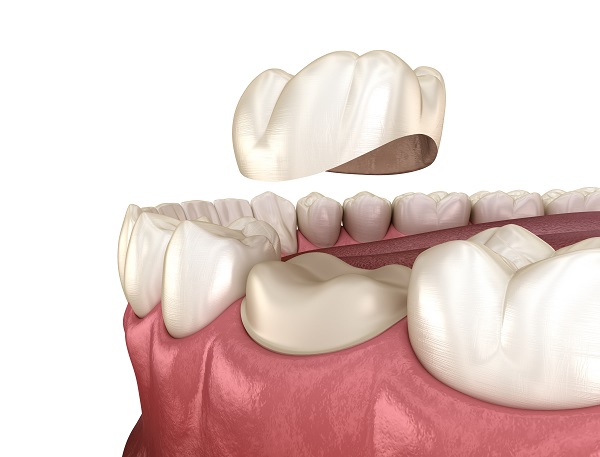Top Family, Cosmetic and Implant Center In 537 Amherst St, Nashua, NH 03063
When Is a Dental Crown Necessary?

When you hear the phrase ‘dental crown,’ you might think of royalty or a shining object atop someone’s head. But in dentistry, a crown is far more practical. It’s a versatile solution that can restore not just the look of your smile but the strength and function of your teeth.
In this guide, we’ll break down exactly when a dental crown is necessary, giving you insights into how they work, why they’re needed, and what makes them so important for long-term dental health. We’ll also stray away from the traditional blog format to give you a fresher, more engaging way to learn about crowns.
Dental Crown: More Than Just a Cap For Your Tooth
A dental crown isn’t just a cover—it’s a powerhouse of protection. Think of it as armor for your tooth, shielding it from damage and further wear. Crowns are made of durable materials like porcelain, ceramic, or metal, and they’re designed to replicate the look and feel of your natural teeth.
The main job of a dental crown is to restore a tooth that can’t function properly on its own due to weakness, damage, or decay. But when exactly do you need one? Let’s explore!
Top Situations Where a Crown Becomes Essential
There are specific scenarios where a dental crown becomes your tooth’s best ally. Here’s a breakdown of the most common situations:
1. Severe Tooth Decay
When tooth decay becomes extensive, a simple filling may not be enough to restore the tooth. In such cases, a crown can cover the damaged area and protect what’s left of your natural tooth.
- Why a Crown Helps: It offers full protection and restores the tooth’s shape and function, preventing further decay. Our professional dentist in Nashua will ensure the crown fits properly and matches the surrounding teeth, providing both strength and aesthetics.
2. After a Root Canal
A root canal saves an infected tooth by removing the pulp, but it can leave the tooth fragile and susceptible to fractures. A crown becomes a necessity after this procedure.
- Why a Crown Helps: It strengthens the tooth, providing much-needed support after the root canal makes its internal structure weak.
3. Fractured or Broken Teeth
Teeth can crack or break due to accidents, grinding, or biting down on something hard. If the damage is significant, a crown is necessary to hold the tooth together and prevent further deterioration.
- Why a Crown Helps: It holds the cracked or broken tooth in place, preventing it from worsening over time.
4. Worn-Down Teeth
Years of teeth grinding (bruxism) or natural wear can lead to teeth becoming shorter and weaker. This can affect your bite, leading to issues like jaw pain and misalignment.
- Why a Crown Helps: Crowns restore the lost height and function of worn-down teeth, improving your bite.
5. Cosmetic Enhancements
Sometimes, a crown is chosen for purely aesthetic reasons. If you have a misshapen or severely discolored tooth, a crown can help improve your smile.
- Why a Crown Helps: It covers imperfections and restores the appearance of a natural-looking, beautiful tooth.
Understand The Process of Getting a Dental Crown
The process of receiving a dental crown is fairly straightforward, but it does involve multiple steps:
Step 1: Examination & Preparation
Your dentist will first assess the condition of the tooth to determine if a crown is necessary. If so, the tooth will be shaped and filed down to create space for the crown to fit over it.
Step 2: Impressions
An impression of your tooth will be made, either using a mold or digital scanning, to create a custom crown that fits perfectly.
Step 3: Temporary Crown
While your permanent crown is being made, you’ll be fitted with a temporary one to protect the tooth in the meantime.
Step 4: Permanent Crown Placement
Once the crown is ready, your dentist will cement it in place, ensuring it fits snugly and comfortably.
Types of Dental Crowns: Choose The Right One for You

Crowns come in a variety of materials, each with its own advantages. Here’s a quick look at the most common options:
- Porcelain or Ceramic Crowns: Best for front teeth due to their natural appearance.
- Metal Crowns: Extremely durable and ideal for molars.
- Porcelain-Fused-to-Metal Crowns: Offers both strength and aesthetic appeal, combining the durability of metal with the look of porcelain.
- All-Resin Crowns: More affordable but less durable, often used for temporary purposes.
Which One Should You Choose?
The choice depends on several factors: the location of the tooth, your budget, and your aesthetic preferences. Your dentist will guide you through the decision-making process.
The Role of Your Dentist In Determining Crown Success
Your dentist plays a vital role in determining if a crown is necessary and guiding you through the process. From identifying the need for a crown to ensuring it fits perfectly, your dentist ensures that the treatment will provide both functional and aesthetic benefits.
Pro Tip: Regular dental check-ups allow your dentist to monitor the condition of your crown and prevent potential issues.
The Lasting Value of Dental Crowns
Dental crowns are a powerful tool for restoring both the appearance and function of your teeth. Whether it’s to protect a weak tooth, enhance your smile, or repair damage, crowns offer long-lasting benefits.
So, if you’re facing any of the signs that a dental crown might be necessary, consult with our dentist in Nashua. They’ll guide you through the process, ensuring that you receive the best possible solution for your unique dental needs. After all, your smile deserves nothing less!




